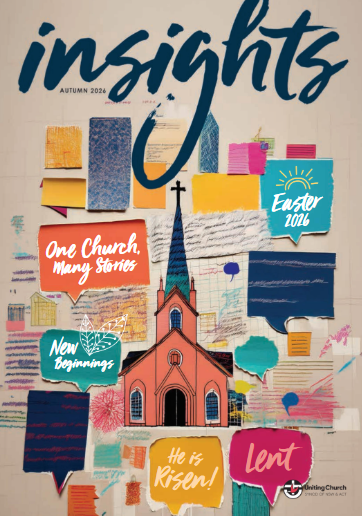Faith does not grow in isolation. It takes shape in the presence of other people. From the first pages of Scripture, God shows that life with Him is tied to life with others. “It is not good for the man to be alone” (Genesis 2:18). This is not only about marriage. It speaks to the human need for community.
The people of Israel lived and worshiped as a group. Their identity was collective, not private. God gave them laws to follow together. Festivals like Passover (Exodus 12:14-20) were shared events. The faith of each person was shaped by the rhythms, stories, and practices of the whole nation. No Israelite believed alone.
Jesus lived this way too. He called disciples, not just one follower. They ate, travelled, and prayed together. He sent them out in pairs (Mark 6:7). Faith was never meant to be only a private matter.
The early church continued this pattern. Acts 2:42-47 shows believers meeting daily, breaking bread, praying, and caring for one another. Their teaching, worship, and service all happened in the context of community. Paul described the church as a body, with each member playing a part (1 Corinthians 12:12-27). One part cannot function without the others.
Theologically, community shapes faith in at least three ways.
First, it teaches. In Deuteronomy 6:6-9, parents are told to pass on God’s commands to their children. This is an act of community life. Faith is learned when we hear others tell the story of God, when we see their example, and when we are corrected or encouraged. We receive what has been handed down, and we hand it on to others.
Second, it sustains. Faith often faces pressure – doubt, suffering, temptation. Alone, a believer can lose heart. But in community, others carry the burden. Galatians 6:2 says, “Carry each other’s burdens, and in this way you will fulfill the law of Christ.” The presence of others can keep a person from giving up. Hebrews 10:24-25 urges believers to meet together so they can “spur one another on toward love and good deeds.”
Third, it sends. Faith is not only about personal growth. It is about living out God’s mission. Jesus’ Great Commission in Matthew 28:19-20 is given to a group. The task of making disciples, baptizing, and teaching is carried out by the church, not just individuals. Community equips and sends its members to serve.
There is also a shaping power in the very experience of belonging. To worship with others reminds us that God’s story is bigger than our own. To confess our sins out loud in the presence of others makes grace feel more real. To hear someone else pray for us strengthens our trust in God.
But community also challenges. Other people test our patience, reveal our pride, and force us to forgive. This is part of God’s work in shaping us. Colossians 3:12-14 calls believers to clothe themselves with compassion, kindness, humility, gentleness, and patience, bearing with one another and forgiving as the Lord forgave them. Without community, these commands are just theory.
Faith formed in community is both personal and shared. It grows through teaching, encouragement, service, and the daily work of loving imperfect people. The Bible shows that God does not call us to believe alone. He calls us into a people – a people whose shared life makes faith visible, tangible, and strong.






